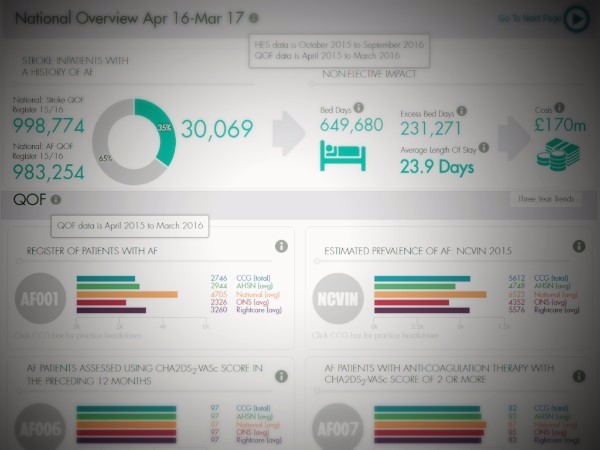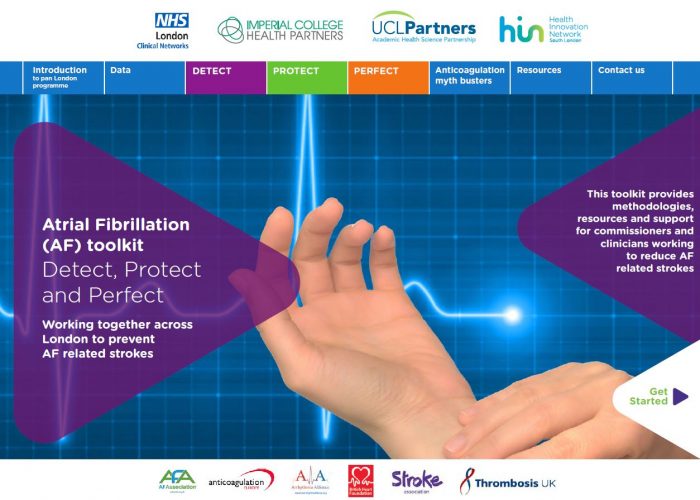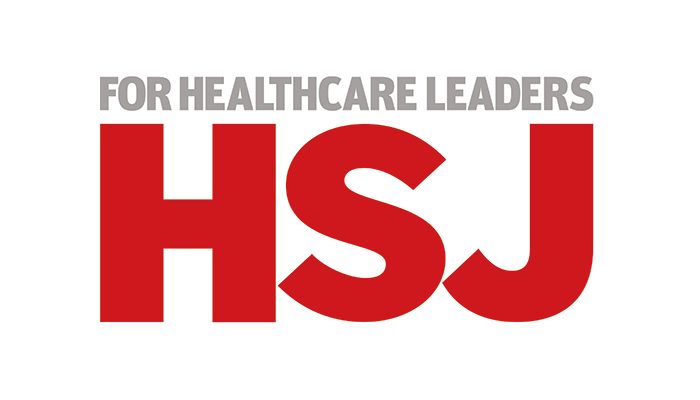[vc_row][vc_column width=”2/3″][vc_column_text]Dr Axel Heitmueller, ICHPs Managing Director, shares insights on the current status of Artificial Intelligence (AI) in Healthcare following the 2017 Medical Innovation Summit.
It is hard not to be swept away by the hype surrounding Artificial Intelligence (AI) in healthcare. There are formidable promises that are being made in how AI will revolutionise the care profession. So much so that there is a not too subtle expectation that a viable start-up will have to have AI as part of their application or service offer to attract any attention (often at the expense of clinical and economic utility).
While the general capabilities of AI seem to grow by the day, reality has lacked behind the potential. Much of what is sold as AI is at best powered by good old fashioned statistical decision trees. Clinical utility is unproven in many cases and a lack of transparency of algorithms undermines trust amongst the healthcare profession. Combine this with news that one of the most ambitious AI providers, IBM Watson, has fallen victim to its own compelling but so far unattainable vision and one may be forgiven to conclude that we are at best in the foothills of the AI revolution in healthcare.
I am increasingly of the view that we are trying to climb the wrong mountain in the first place. There are positive signs of how AI is disrupting other industries. For example, for some time now automation of mundane tasks in the legal profession such as searching property databases have been automated not exclusively but to some extent by AI.
I was very interested to hear from the CEO of Hitachi at BioJapan earlier this month how AI has found its way into a significant part of their production line. Importantly, this wasn’t about one big leap or breakthrough. Instead, their strategy seemed to be much more about the patient automation of many parts of the of production process eventually adding up to more than the sum of their parts.
There are many more examples of AI being used in our everyday lives already and there is no doubt that it will become ubiquitous in time.
But there doesn’t seem to be another industry quite like healthcare with a yawning gap between promise and reality.
We facilitated a discussion on AI at the 2017 Medical Innovation Summit at Cleveland recently and there seemed to be agreement that maybe the focus needed shifting to the less glamorous aspects first. For example, how can AI support procurement? Can it support staff rostering or asset tracking? Automation of back office functions seemed an obvious and less contentious place to start.
Admittedly these are far less exciting than AI guided precision medicine and I’ve not seen many providers of such services being invited to health conferences. Maybe striving for the more mundane and boring is what we need in healthcare at this stage. It doesn’t mean it would lack impact.
In his 2017 RSA President’s lecture, Mustafa Suleyman, Co-founder and Head of Applied AI, DeepMind, argues for up-ending the processes by which technology is developed and deployed, and proposes new ways to ensure it contributes to greater economic and social justice around the world. Watch his lecture here.
[/vc_column_text][/vc_column][vc_column width=”1/3″][vc_single_image image=”6427″ img_size=”medium”][/vc_column][/vc_row]



